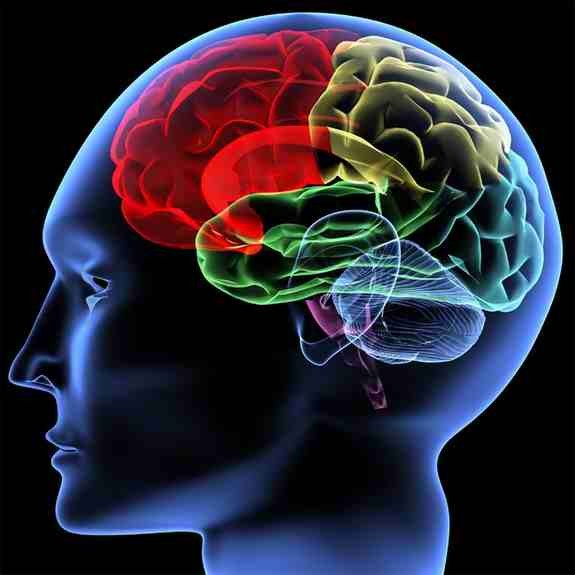Scientists have discovered a new gene called the "big brain," which might have been the culprit for modern human's unique intelligence, a new study has featured.
The gene is said to have dramatically increased the quantity of brain cells in the brain region, medically referred as the neocortex, the part responsible for sensory perception, language, and reasoning. This has been observed to be present in modern-day humans, the Neanderthals, and some extinct Denisovans, but not in chimpanzees.
When modern-humans arrived, the brain has already expanded to about 85 percent cubic inches in volume, where most of the development taking place in the neocortex. Researchers have suspected that the human's bigger brains might be attributed to a single gene that provided the neocortex to accommodate more neurons.
"It is so cool that one tiny gene alone may suffice to affect the phenotype of the stem cells, which contributed the most to the expansion of the neocortex," Marta Florio and Max Planck of the Institute of Molecular Cell Biology and Genetics shared with Live Science.
Tests conducted with the mouse embryos have confirmed that this gene called ARHGAP11B could produce a profound impact on human brain development. The embryos on the gene developed into larger regions, while a few have developed folds like how the human brain looks like. These folds allow for a bigger surface area, which means that it could also hold a greater number of neurons.
"What is unique about humans is not going to come down to one gene only" Florio expressed to The Guardian. "Cognition is a complex thing. We don't think a single gene makes us smarter than other animals. What we can say is that this is probably a key part of what makes us human," she added.



























